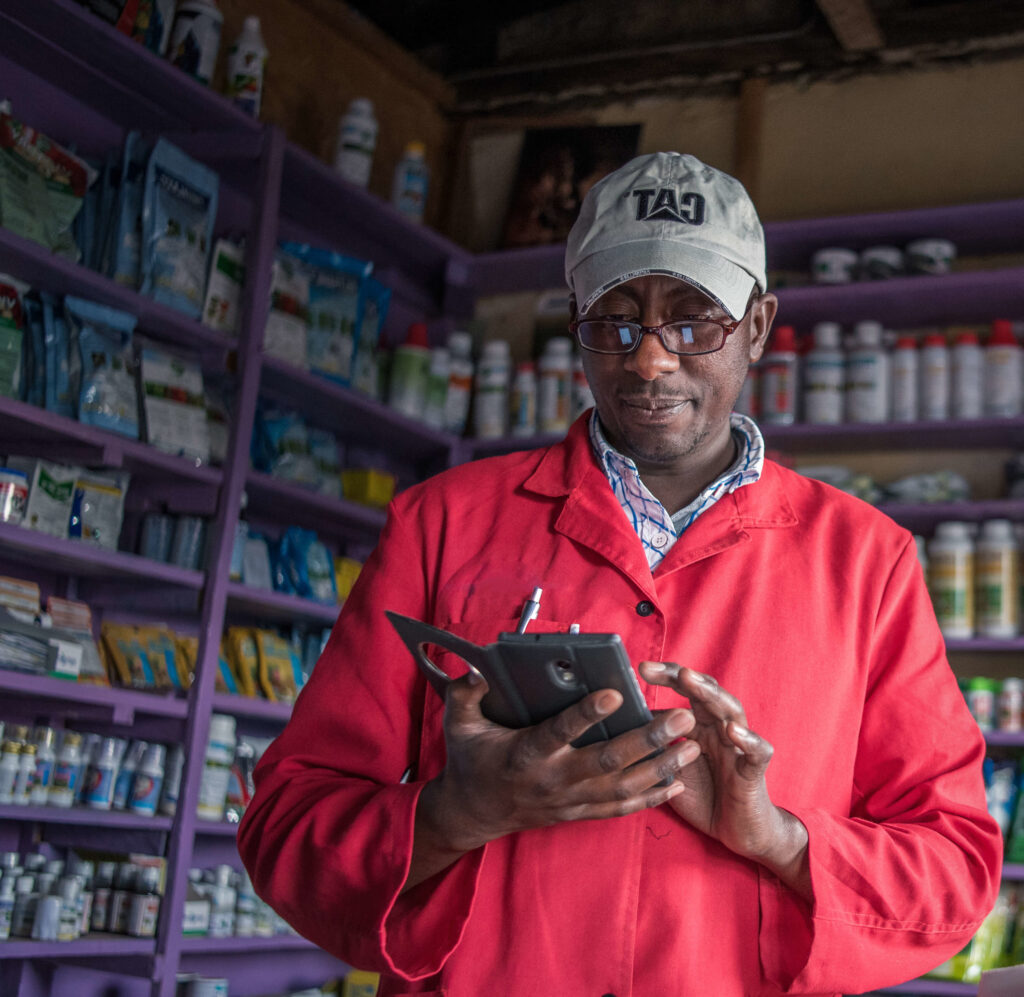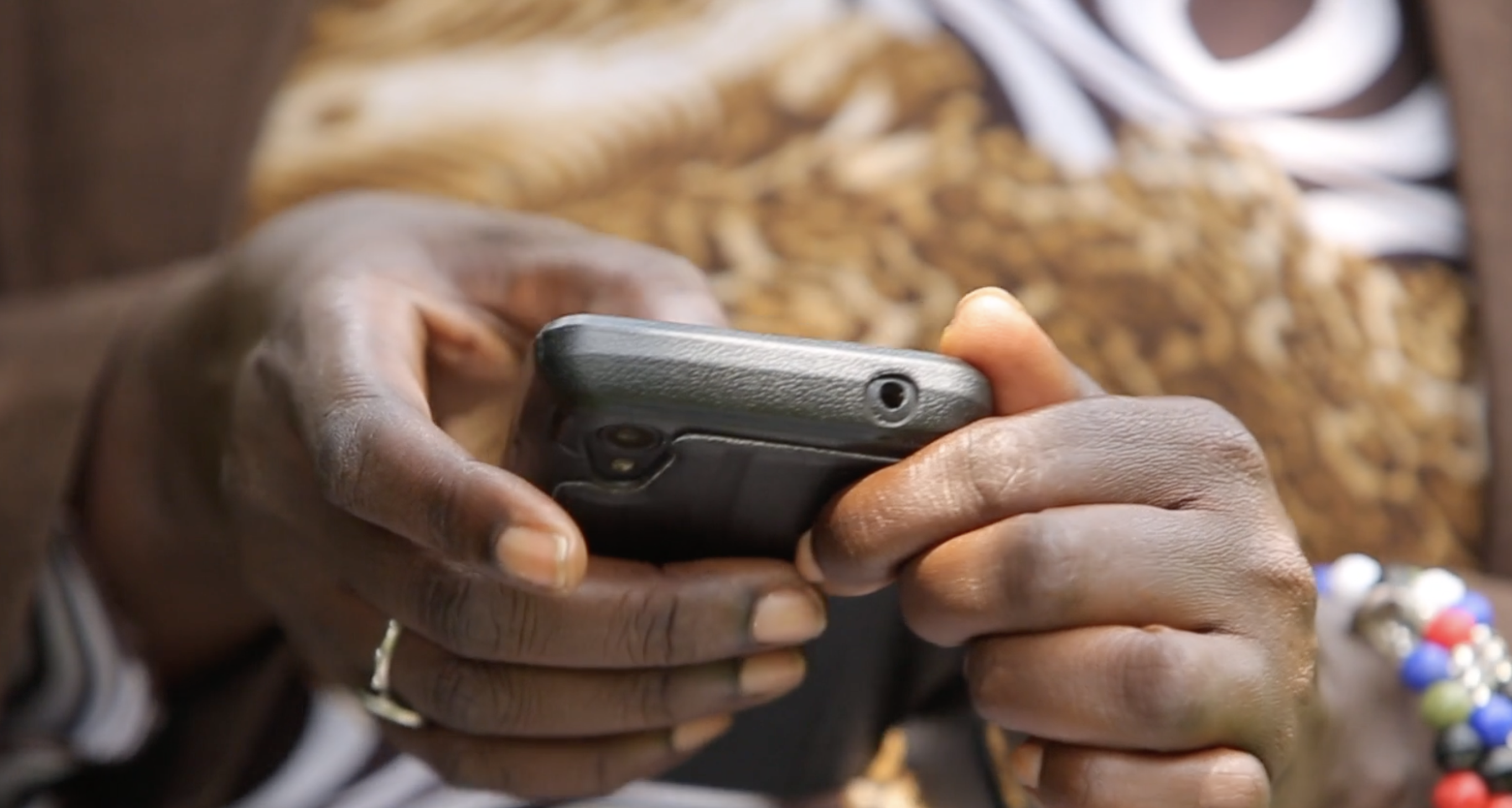
Topics
- Agent Banking
- Consumer Protection
- Credit
- Data Privacy
- Digital Financial Services
- Digital Payments
- Mobile Banking
- Responsible Product Design and Delivery
- Underserved Groups
Program
Today there are close to 700 million mobile money accounts registered worldwide — a number that, if it were a population, would rank as the world’s third-largest country. East Africa continues to lead in digital financial innovations as well as account usage, with two-thirds of the combined adult populations of Kenya, Rwanda, Tanzania, and Uganda actively using mobile money. With the proliferation of mobile financial services, particularly among underserved populations, it is vital that users be treated fairly and with dignity. In the momentum to define responsible digital finance and recognize providers of high-quality financial services, the industry must not forget the consumer.
Client Voices: Why We Listened
The Smart Campaign, a global initiative to create an environment in which financial services are delivered safely and responsibly to low-income clients, has long recognized that client perspectives are often underrepresented in consumer protection discussions. With the Client Voices Project, the Campaign questions whether the industry’s assumptions about what constitutes problematic treatment rightly reflect what clients themselves worry about.
The dual objectives of the project are to solicit input from low-income clients about what they consider good and bad treatment in their interactions with financial service providers and to assess the prevalence of consumer protection problems among these clients, using quantitative surveys. The project is designed to act as a catalyst for financial service providers, regulators, industry associations, consumer advocacy groups, and others to improve client protection in ways that are grounded in client feedback.
Major Findings
Based on a survey of over 1,200 people in three districts in Rwanda, this report delves into the experiences of individuals who use digital financial services (DFS), the main client protection issues they are concerned about, and the impact and prevalence of negative experiences. We find that mobile money enjoys a high degree of satisfaction and trust from clients in Rwanda, even though 40 percent of clients report being targeted by fraudulent schemes, which have become increasingly sophisticated.
Customers report wising up to scams and fraud, but with a continuous influx of new mobile money users and fraudsters who innovate quickly, the threat is real and constant. Fraud represents the greatest potential to damage customer trust and engagement with mobile money in Rwanda.
However, there are many ways that DFS operations and practices can be improved to better protect clients and strengthen trust. Client recourse mechanisms, for example, represent an important area for improvement: many clients shared that they feel helpless and unsure about what to do after realizing they have been duped. Additionally, for business models that rely more on the mobile interface than on human interaction, clients increasingly rely on agents for information and guidance. This presents an opportunity to provide better service, as well as a risk for poor client treatment.
We hope that providers, industry associations, support organizations, regulators, consumer protection advocates, and clients can benefit from these findings to create a stronger, more inclusive client protection ecosystem. We offer specific recommendations for many of these stakeholders.
Mobile Money in Rwanda At-A-Glance
95%
Awareness of mobile money has grown rapidly in Rwanda, up from 59% in 2016 to 95% in 2018, among respondents surveyed.
51%
DFS usage rates are also high. Over half of survey respondents had used mobile money within 90 days of our survey.
89%
Most clients are content with the mobile money apps and agents they have used, though it appears that P2P transactions drive this enthusiasm.
31%
Without the assistance of an agent, nearly one-third of clients lack precise understanding of fees, charges and interest rates.
31%
However, 85% of mobile credit clients survyed reported satisfaction with mobile credit services.
80%
Only 14% of DFS clients in our survey received a copy of their terms and conditions.
88%
Clients who are not satisfied with mobile money services are more confident to complain than clients who report a higher level of satisfaction.
$3.95
– $85
10% of clients reported being victims of mobile money fraud, resulting in financial and emotional distress.
15 –
37%
Clients who have experienced fraud have less trust in mobile money (a 15 percentage point difference) and mobile money agents (a 37 percentage point difference) than clients who have not.

Click to Watch Video
Rwandans Speak on Digital Financial Services
Hear directly from Rwandan clients about their experiences, challenges, and biggest concerns using digital financial services.
Client Voices
In Their Own Words
We spoke with 1,200 people in Rwanda about their experience with mobile money. Here’s some of what they shared with us.
Most people in Rwanda are satisfied with mobile money services, and with the agents and user interfaces that provide it. However, there are many ways that DFS operations and practices can be improved to better protect clients and strengthen trust.
Female client, 44 years old, NyarugengeThe main reason I trust mobile money is that before sending money, they show me the name of the recipient. That way, I am assured that I have sent it to the right person and they will certainly get it. I really like that.
Female client, 40 years old, Farmer, NyarugengeFor me, [using the app] is hard as I don’t use mobile money very often and… I did not go to school. But I go to the agent and he checks the balance for me.”
Female client, 39 years old, NgororeroBefore, you could be charged a transaction fee without receiving an SMS about how much you have been charged. However, now things have changed, and you can also see the transaction fee that you have been charged [via SMS after the fact]. There is no other way of checking that with my mobile phone; there is nowhere else to get information about charges. You only know after receiving the message with details about the transaction.
Mobile money agent, focus-group discussionWe should be provided with updates and new information [in a timely fashion]. Sometimes I perform a service like sending money for a customer, thinking that the fee charged is RWF 200, only to realize that it is actually RWF 20 less. In this moment, the customer gets the impression that I [don’t know what I’m doing].
Acknowledgments
This report was prepared by Laterite, Ltd., in close collaboration with the Smart Campaign, with support from Mastercard Foundation. The authors of this report are Emily Farbrace, Loes van der Velde, Medha Sethia, and Alexandra Rizzi, with support from Mike O’Doherty. Data collection was supported by Jean-Baptiste Muhoza, Jean-Claude Rukondo, Fabiola Niwenshuti, and Ezron Mucyo. Data analysis was performed by Emily Farbrace, Loes van der Velde, Medha Sethia, and Patrick Hitayezu. The authors would like to thank the Smart Campaign and the National Advisory Council that was assembled for this project for their guidance and support for this research. In addition, the authors thank all of the respondents who shared their experience with us.









